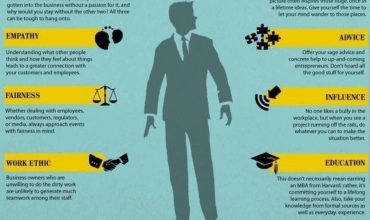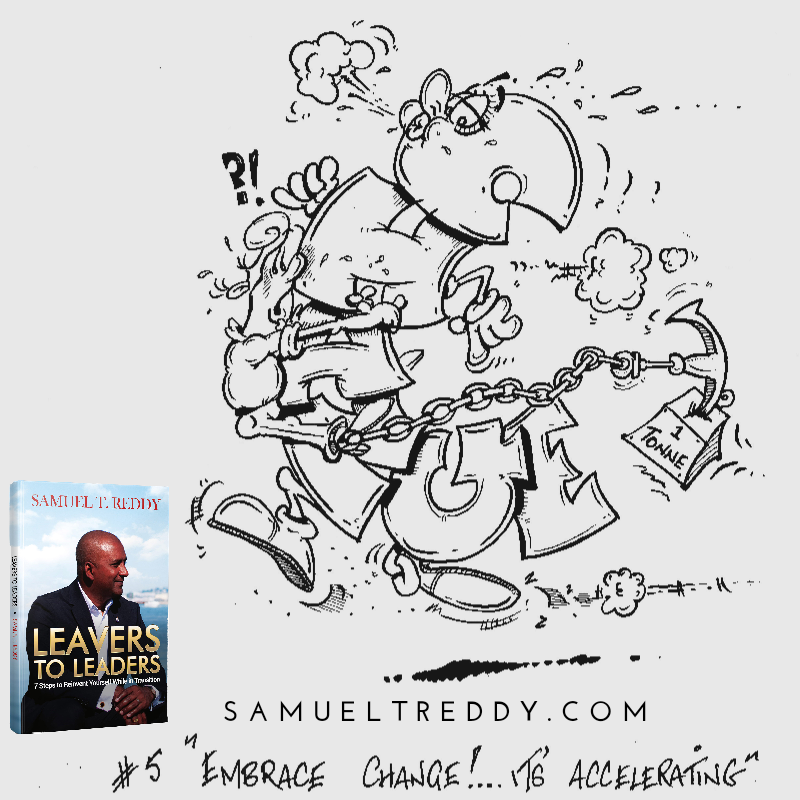
“Changing technology in the workplace means we all have to commit to a process of continuous training and lifelong learning to be successful.”
As the idea of a ‘job for life’ fades into the past, individuals are left with the prospect of having to transition between roles and employers more frequently. My dad only had one job for 29 years in the police force. As a babyboomer it would have been a straight forward transition for him, most likely into the broader security industry. Unfortunately, today transitions can be complex, the same security industry is fully being replaced by AI and automation. Whether these work transitions are upward, sideward, within the same organisation or not, they typically entail not only practical change (building new relationships for instance), but require a mental shift for the individual concerned. Indeed, my research findings suggest that readjusting to such transitions can take up to 18 months.
Staying up to date in your industry will position you as a thought leader, and at the same time make you more visible to colleagues and potential employers who may want to present you with new opportunities. Don`t delay your chances. Start by updating your online profile to reflect your most recent skills and experiences and actively post and share your thoughts on Linkedin and other professional networks. As the pace of disruption brought about by technology continues to accelarate, the willingness to embrace change is key to continued career success and staying relevant.
One of the main chapters in Leavers to leaders is to strike a balance to avoid getting overwhelmed with your new career. Today`s workforce can easily get blurred by the development of technology mixing working hours and leisure time. I remember my father telling me at the young age of 18, son you have to work hard to succeed, this may resonate with many gen xers like me, however as work-life balance becomes an incresingly important aspiration for many people, the key is to find the level of balance or harmony that works for each one of us.

Babyboomers, managers who climbed the corporate ladder often had an expectation of implicitly guaranteed lifetime employment, as an inducement to deepen their institutional knowledge and their commitment to the company. Those personal investments made them more productive in their work for their current company but also limited their opportunities for alternative careers. Today’s executives, in contrast, rarely stick with one organisation for a lifetime. As industry volatility has increased, the responsibility for career management has shifted from companies to individuals. Moreover with unemployment at its lowest since 1975, the power has clearly shitfted in the hands of the people.
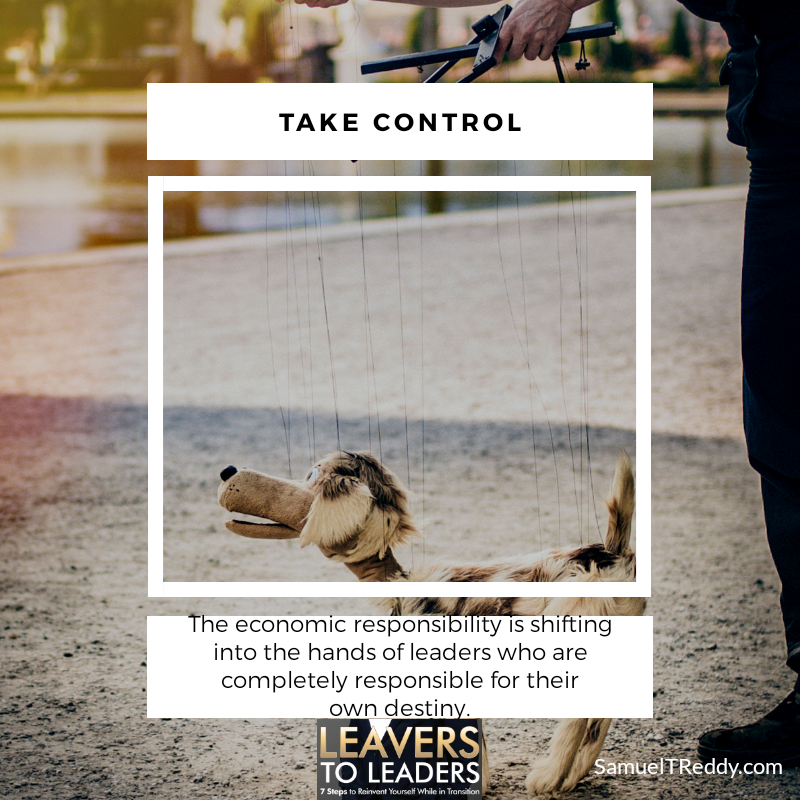
The economic responsibility is shifting into the hands of leaders who are completely responsible for their own destiny. In leavers to leaders this is our main focus and you can achieve this by using a seven step methodology called the LOS ( Leader`s Operating System).
Therefore, as a manager of your career, you need to understand how broader trends in industry volatility affect your employability. You must learn how to preserve the value of your accumulated experience while carefully examining whether your current position is helping you acquire new, enduring skills.
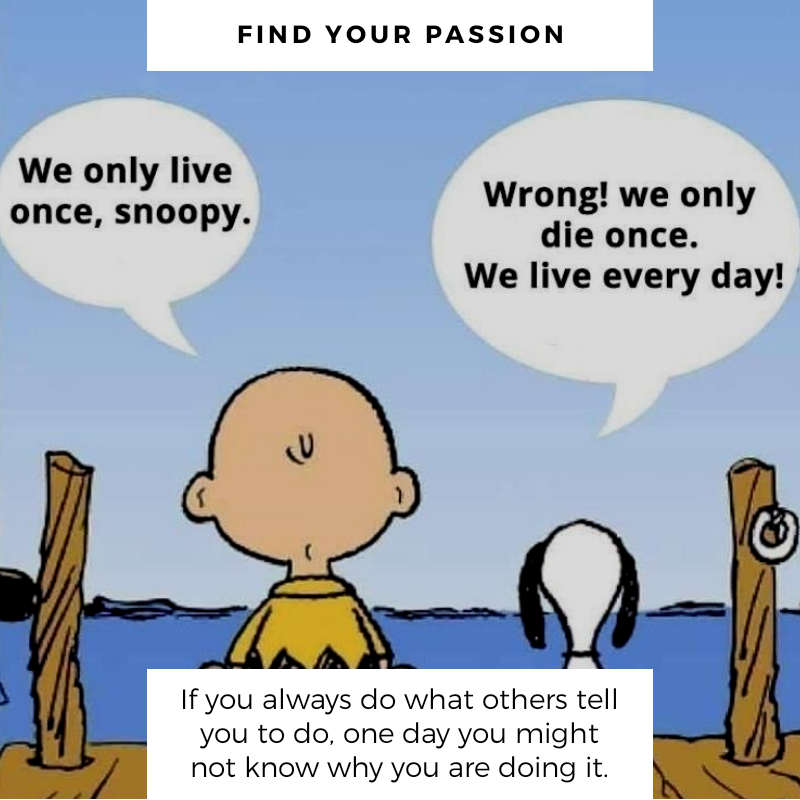
It takes courage to make a career transition. I commend your courage, and I know how it feels. Maybe you’re looking to change the way you work, change companies or industries, or make a complete career pivot. The important is to find out what you are passionate about. I have come across a lot of people who completely make the wrong career decision purely because they went for something they were not passionate about. I have done the same mistake, simple because i needed to replace my military income. Even in business, when you meet someone with a passion about what they do, specially at events, they sparkled up. When you find your passion, it is easy to see opportunity coming your way. So are you ready to leave and start leading? Well you can find this out in 14 questions and get a customised report on your leadership score here:

But passion on it’s own is not enough. I have very often met with people who started out full of energy and enthusiasm about a new job, a new prospect or even a new promotion, only to then find out two years later that same flame has died. I recently gave a lecture on passion in the local community where I live in Southampton, United Kingdom. After the session, two young undergraduates approached me with their exciting business plan for the 70,000 plus students of Southampton, which I could see was interesting as well. After listening to their stories, I suggested we talk again in one year, so I could see where they were at. I do the same for all new entrepreneurs who come up with fresh ideas, simply because most have the great idea but what I am looking for is the endurance, the grit, the passion.
There has to be something more and that something more is grit, which is best described here:
Grit is argued, to be a trait of perseverance. Grit enables an individual to persevere in accomplishing a goal despite obstacles over an extended period. When compared with the construct of persistence, grit adds a component of passion for the goals.
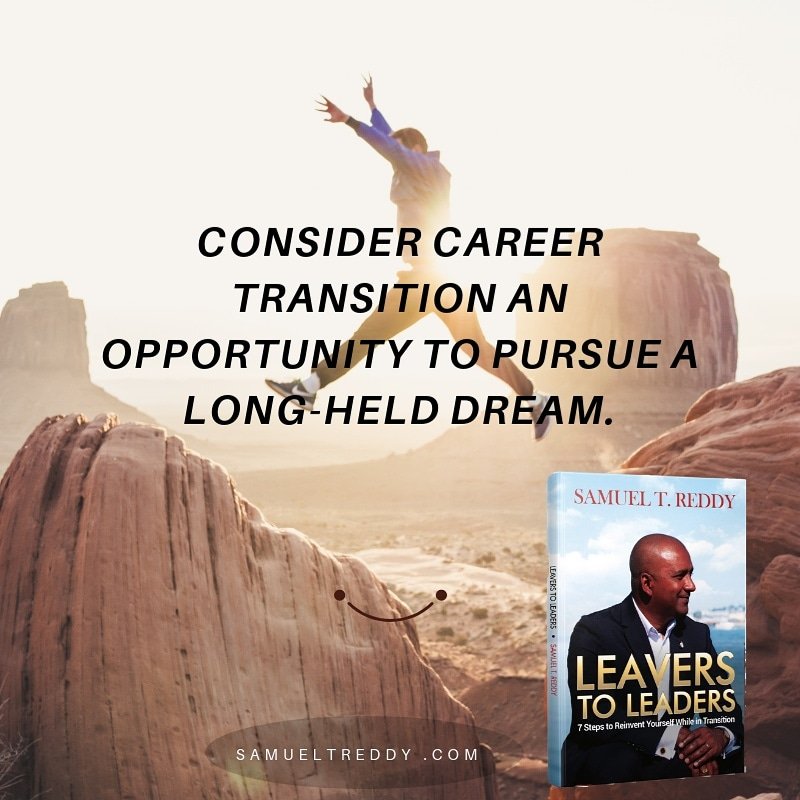
I have unfortunately wasted a lot of time looking, thinking and searching for my passion in the past. Don’t make the same mistake: take time off to find your passion. This could mean stealing an hour a week, or a week a year, to focus on finding what really moves you, then set yourself a goal to achieve it.
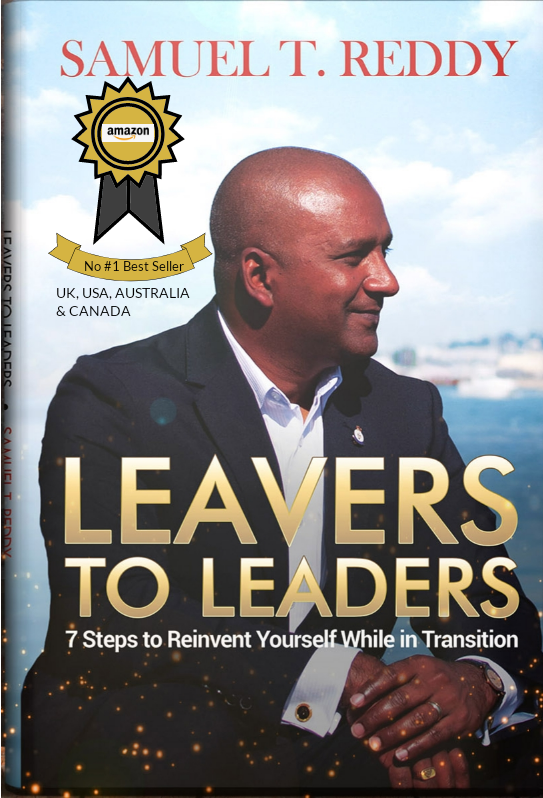
My name is Samuel T. Reddy, my whole life has been about transition, Mauritian born, my career started out in the local governement followed by a career in thr Brtitish Armed Forces. Today am the CEO of TriExForces group and author of Leavers To Leaders. Leavers to Leaders is for those who are ready to transition and reinvent themselves due to change in the workplace. The book is now a best seller on amazon in UK, USA, Australia & Canada.
I would like to hear your thoughts on the above and how you are experiencing change in the workplace or your business. Please feel free to comment or connect with me @samueltreddy on FB, Twitter, Linkedin & Instagram.
Best Regards,
Samuel
info@triexforces.com

